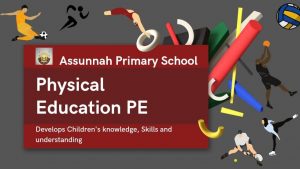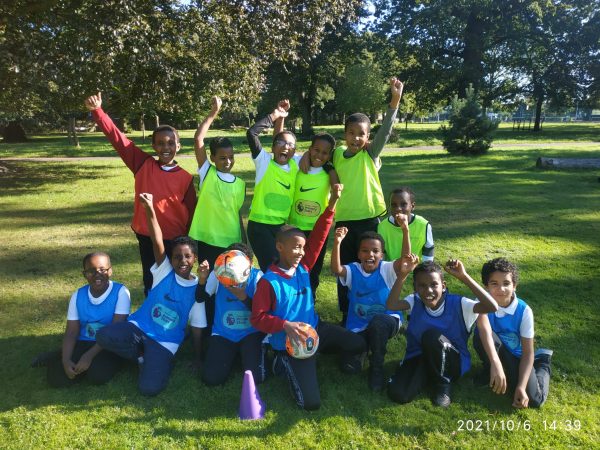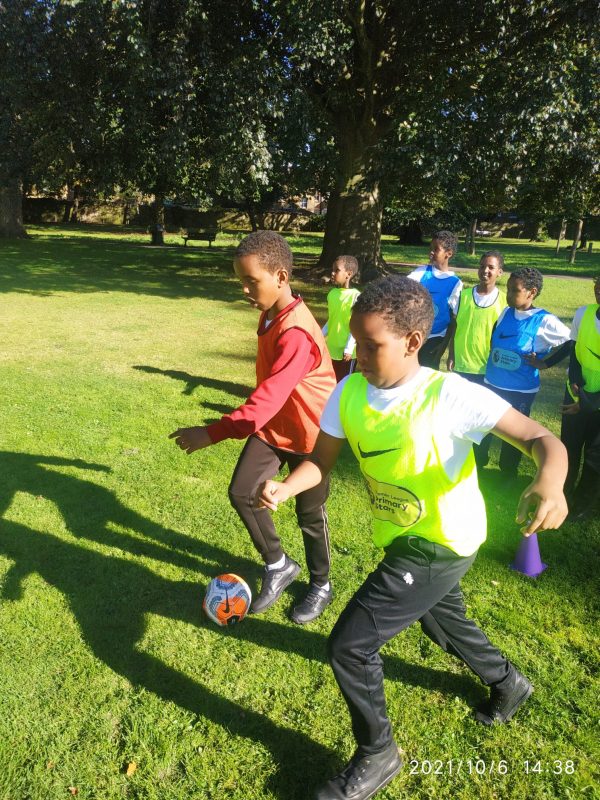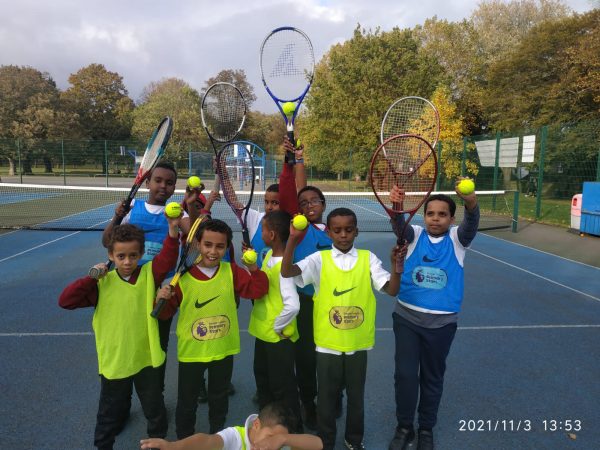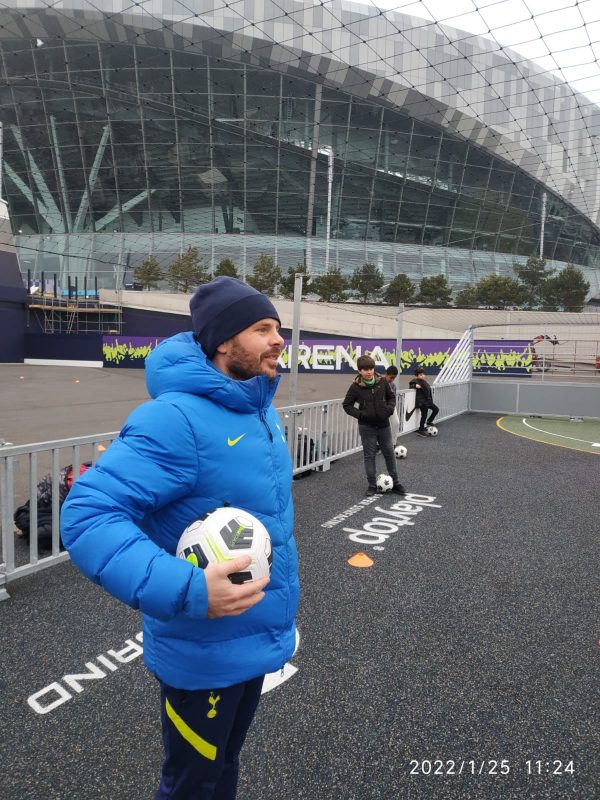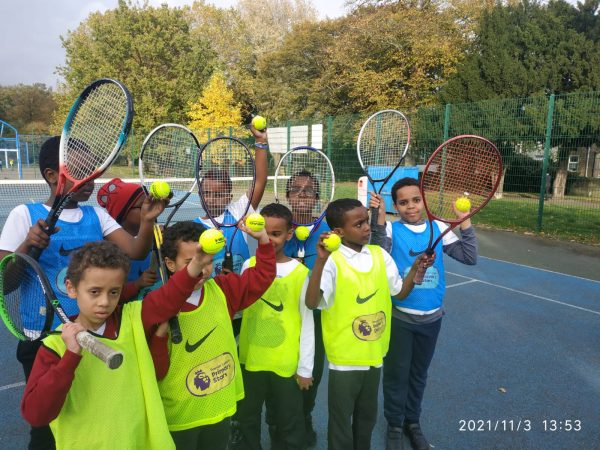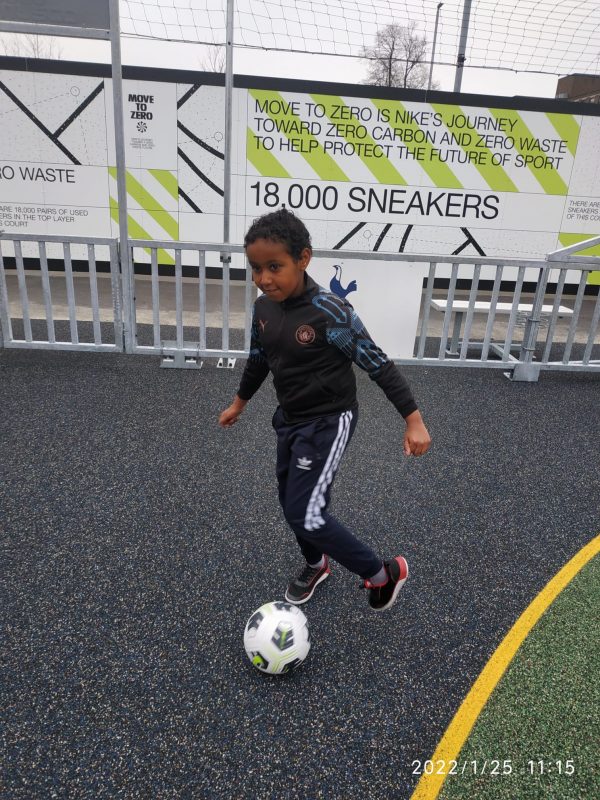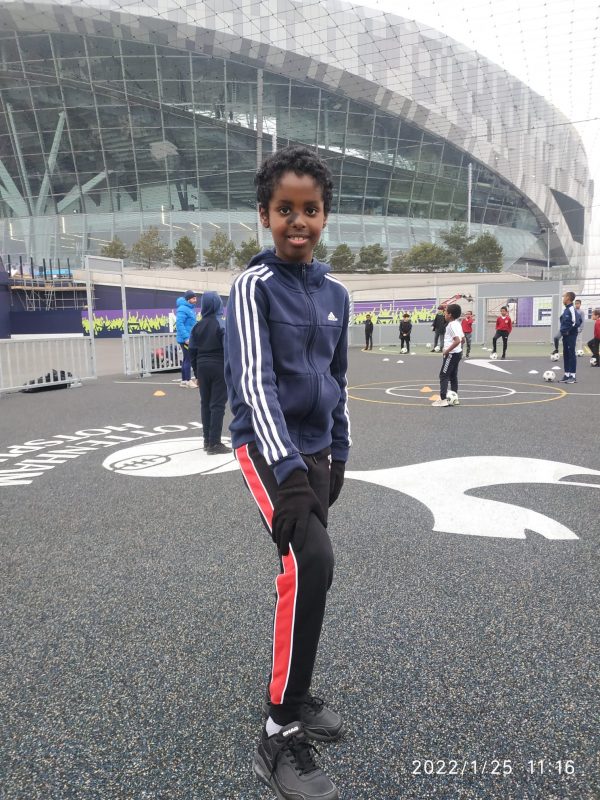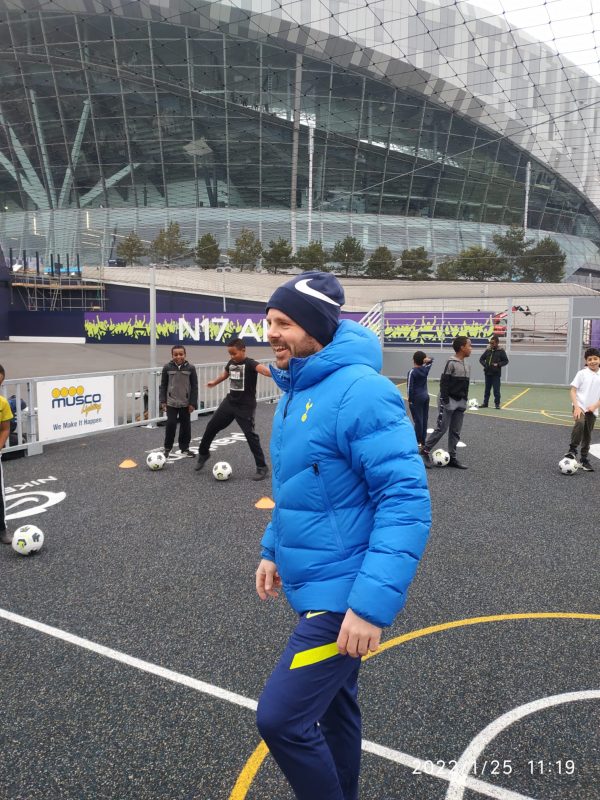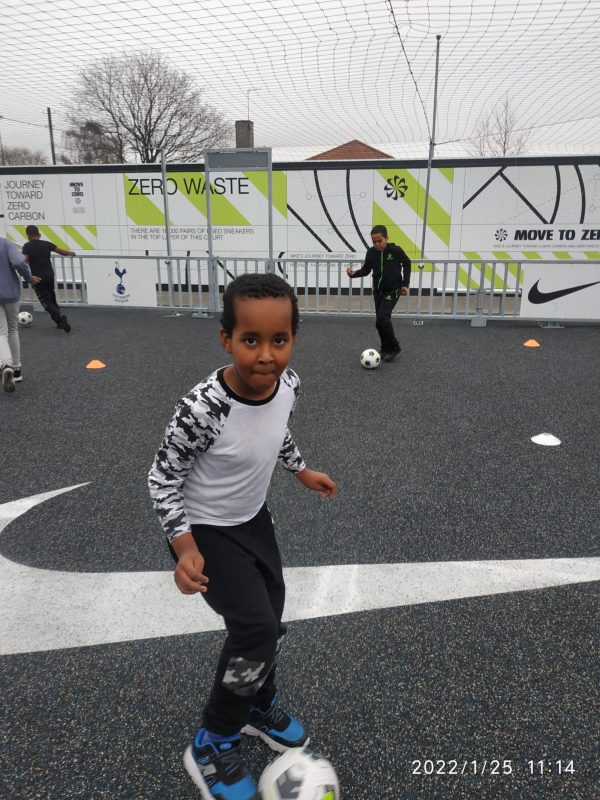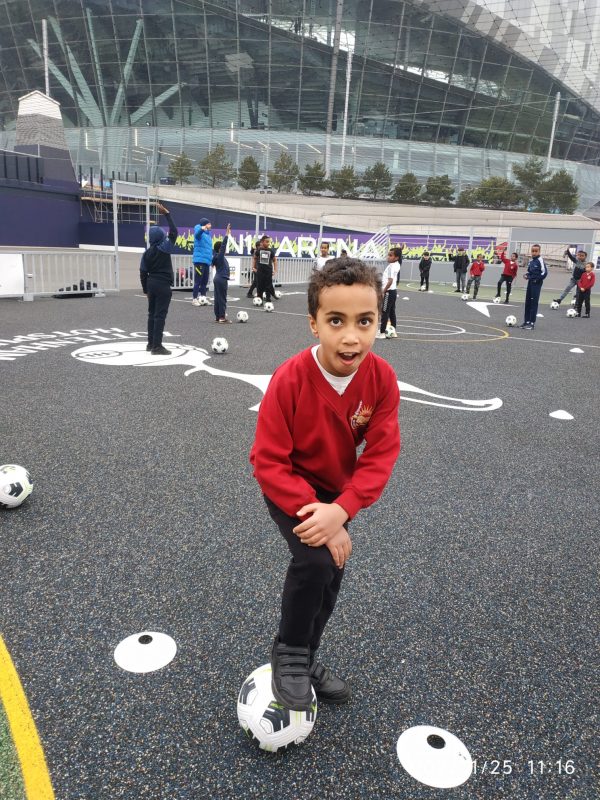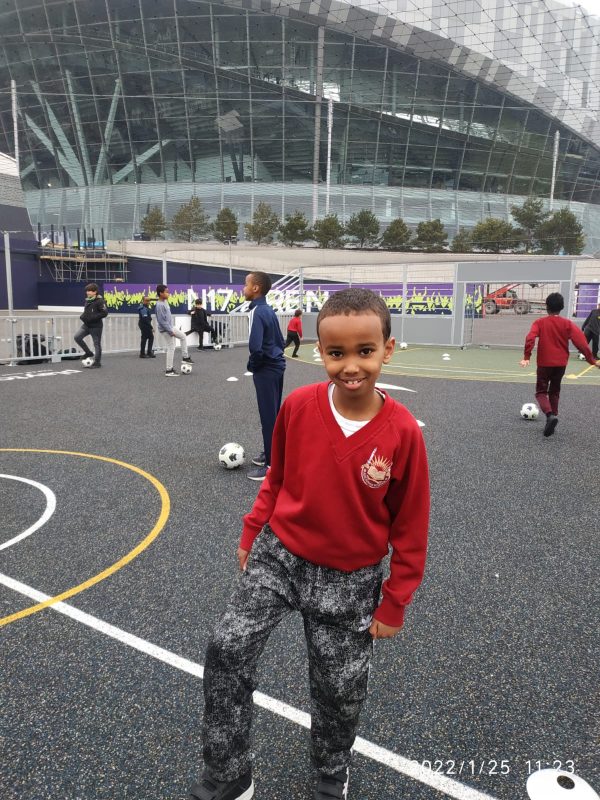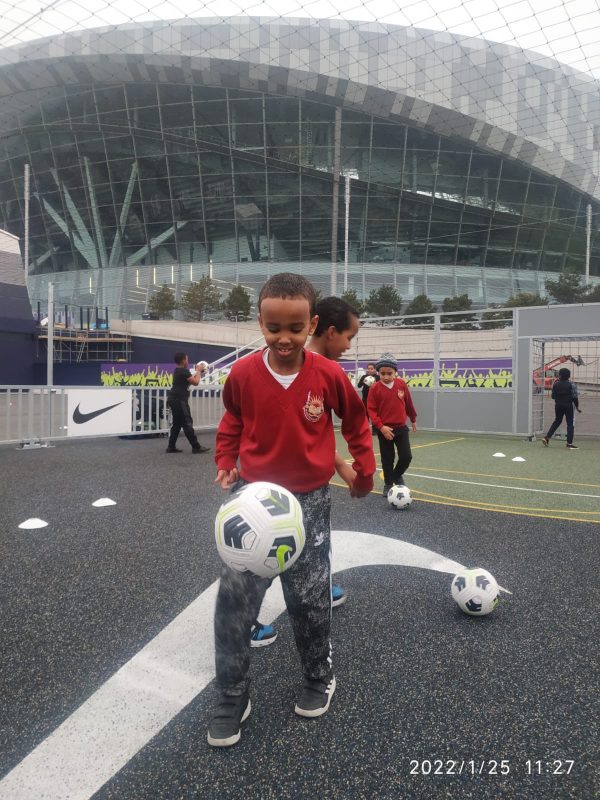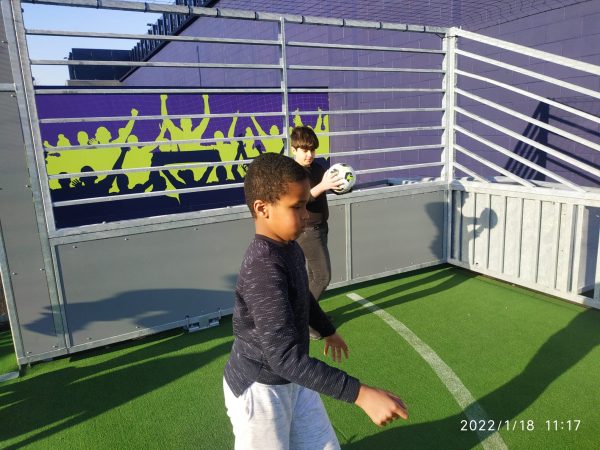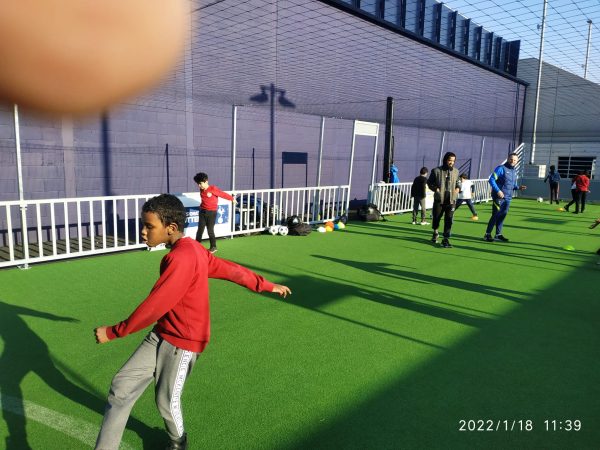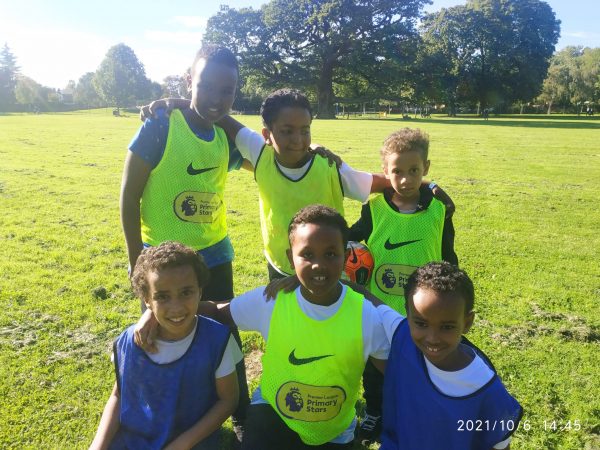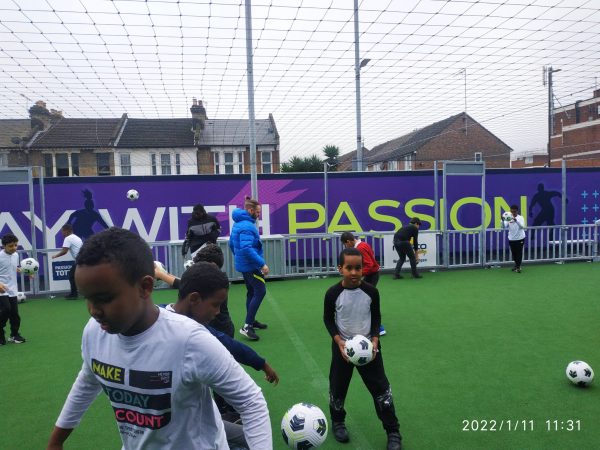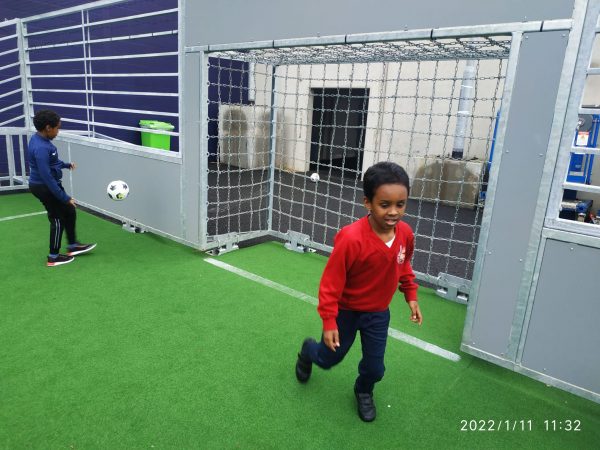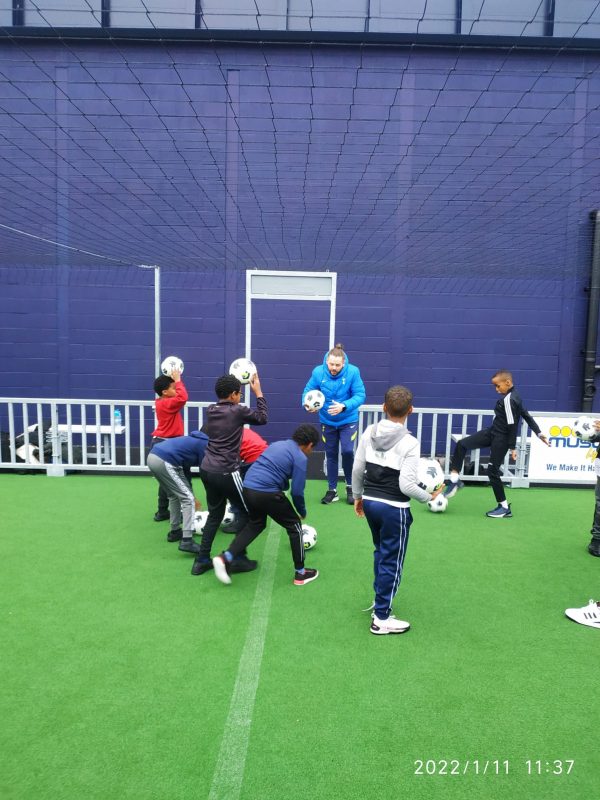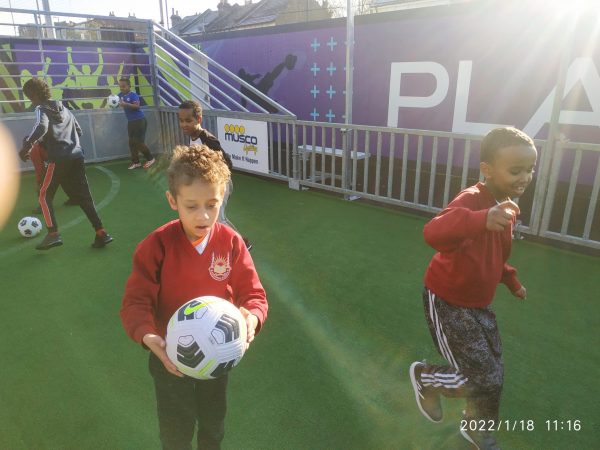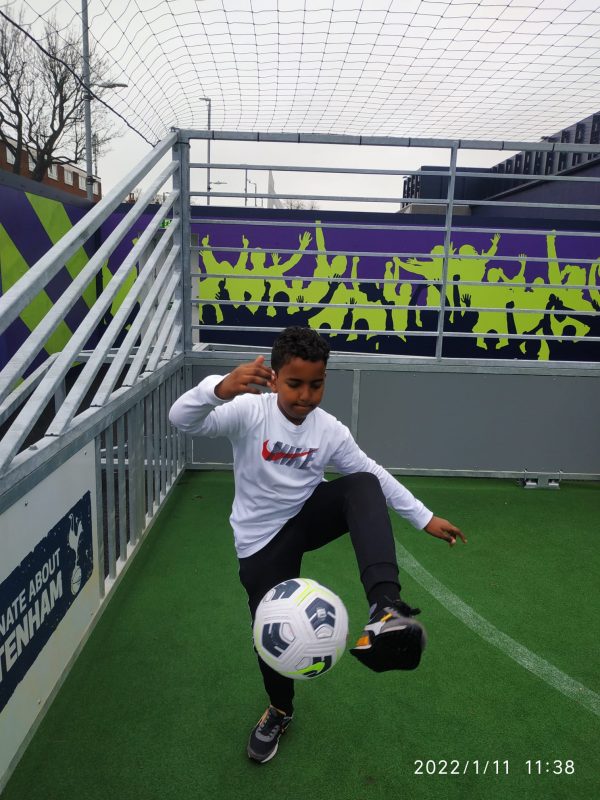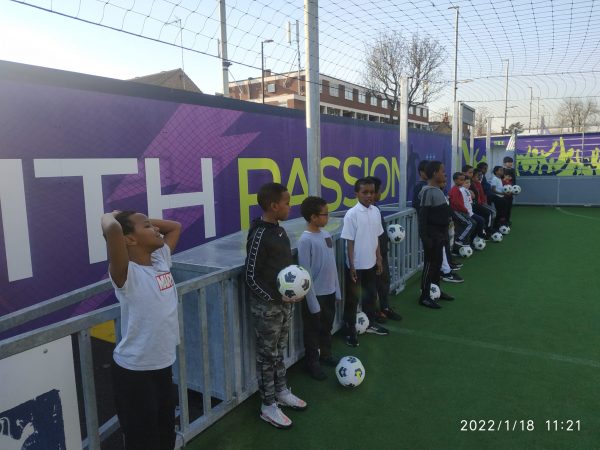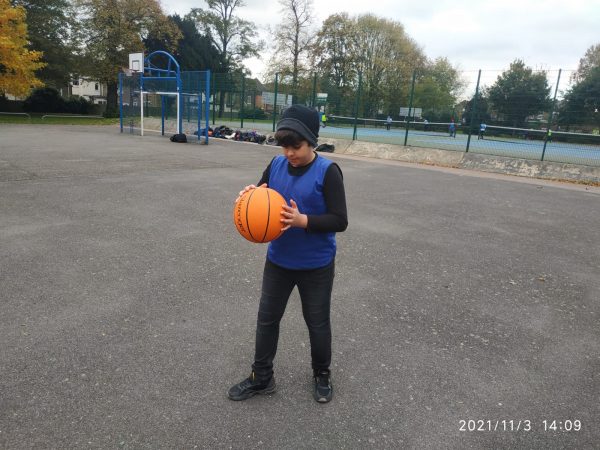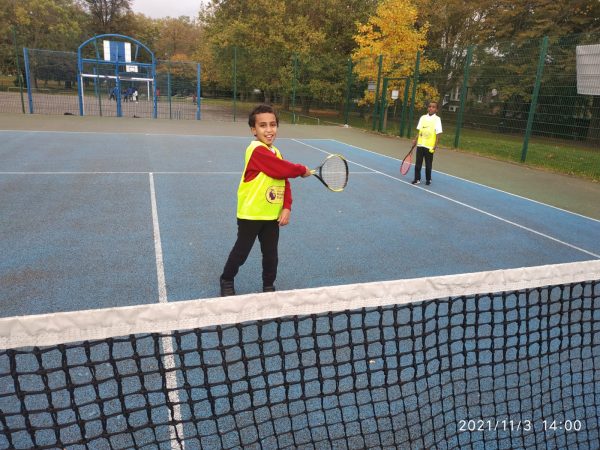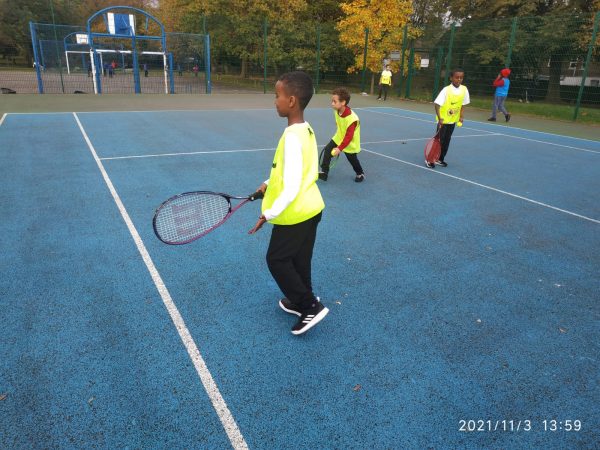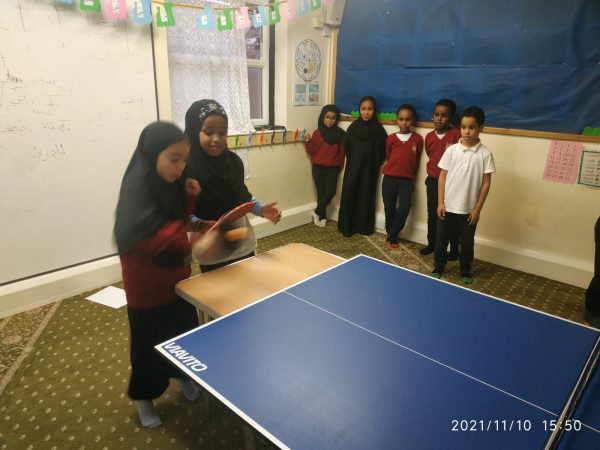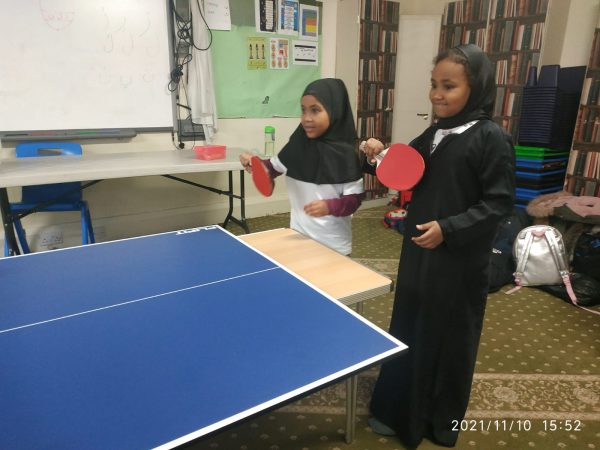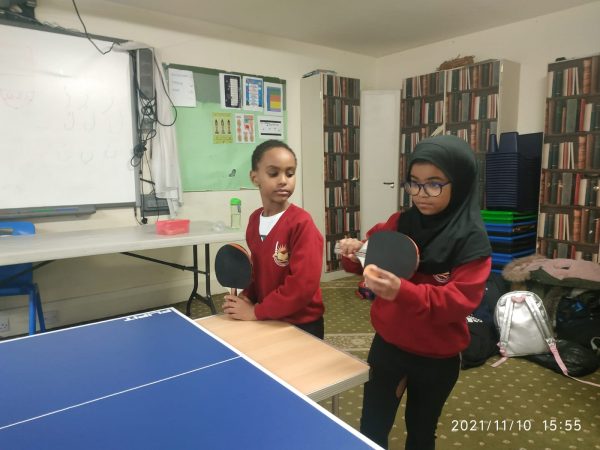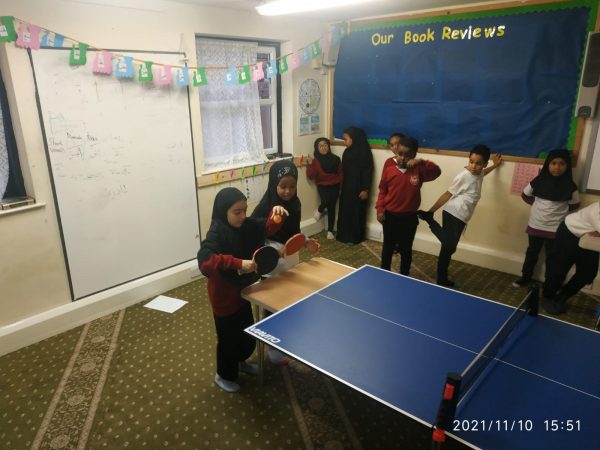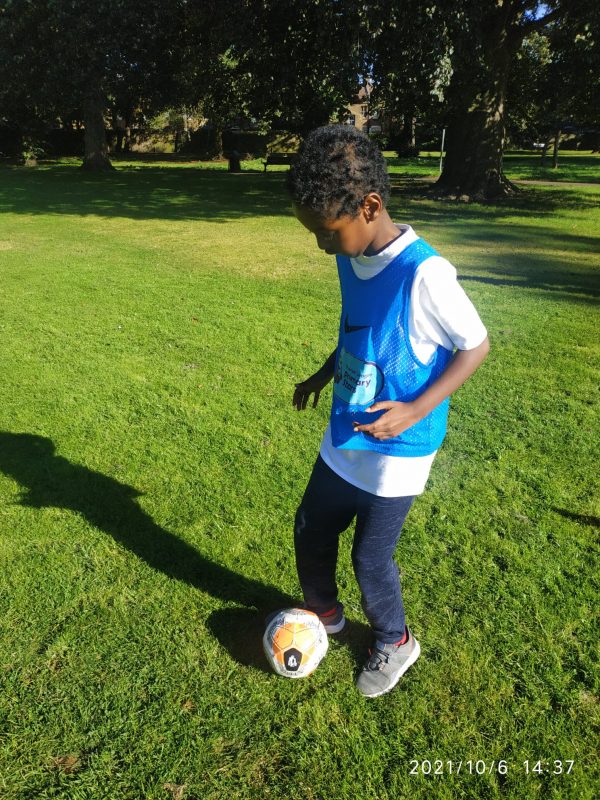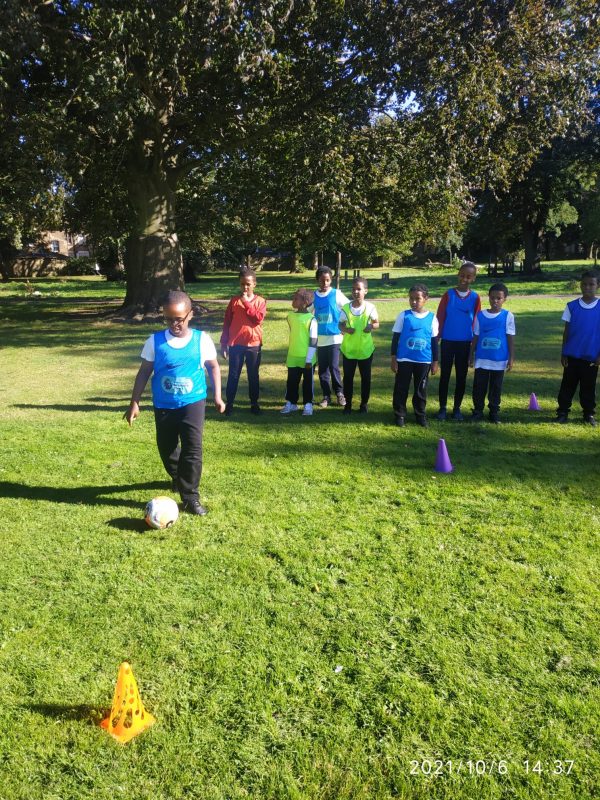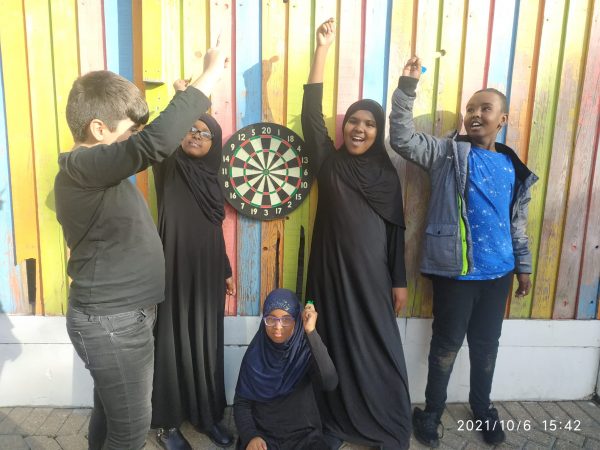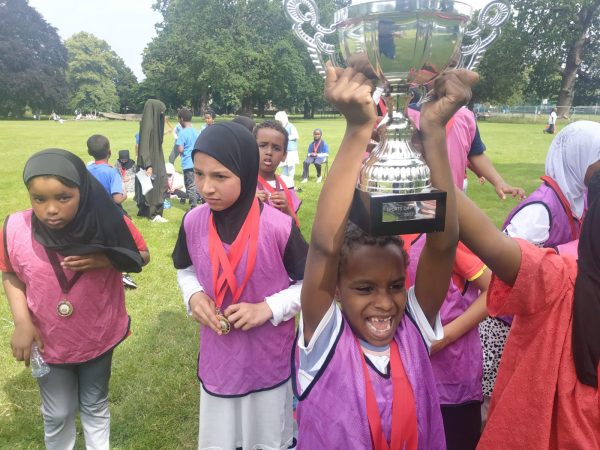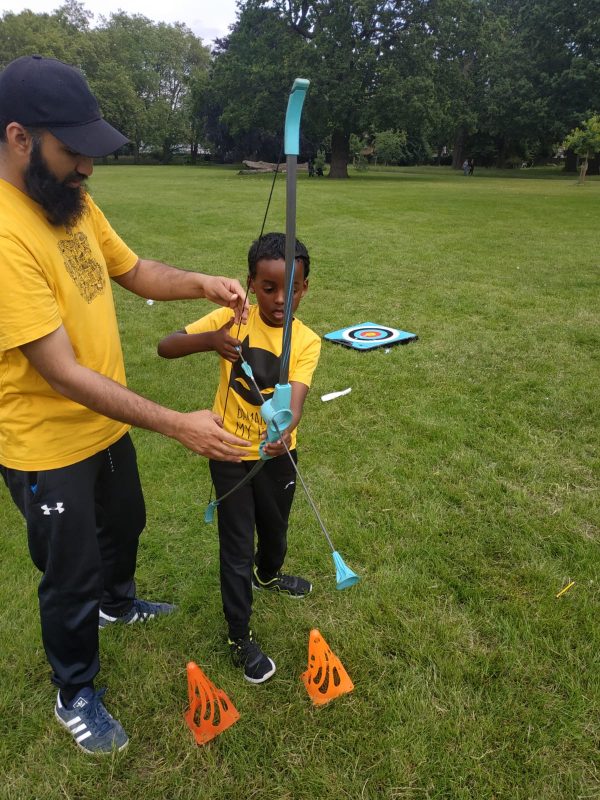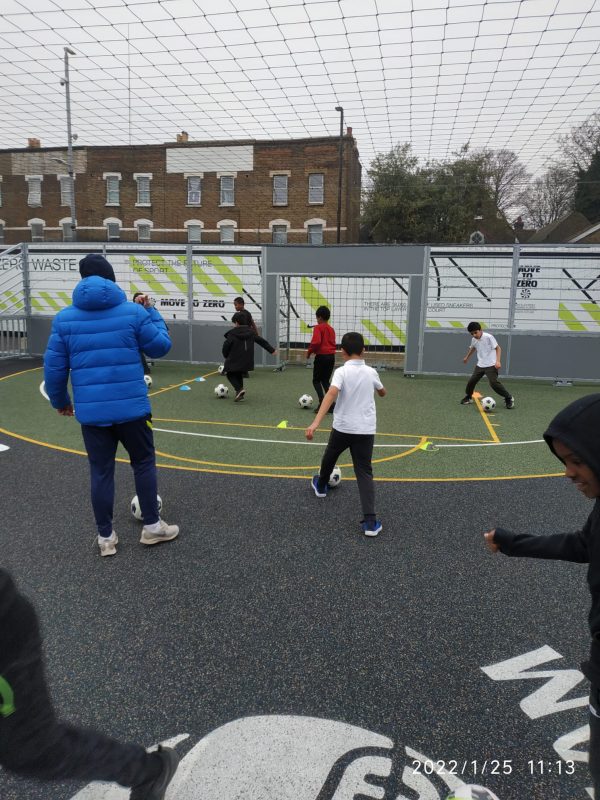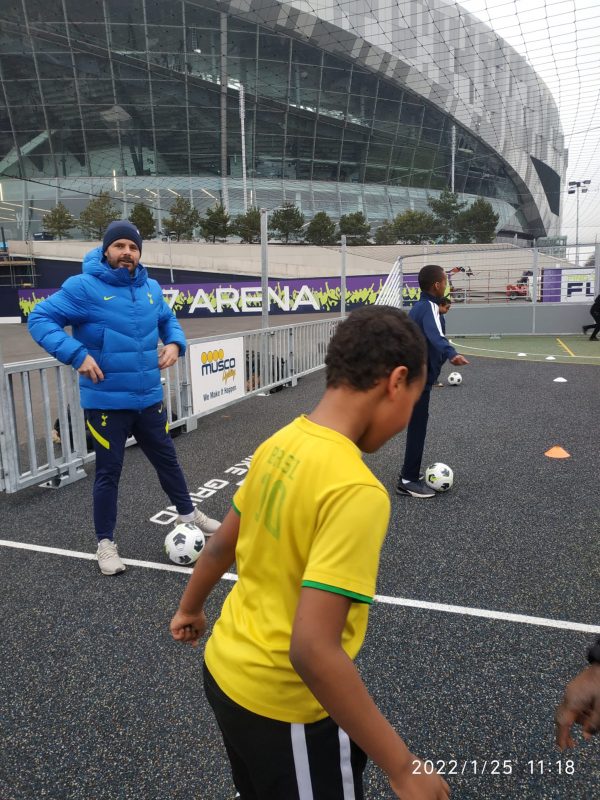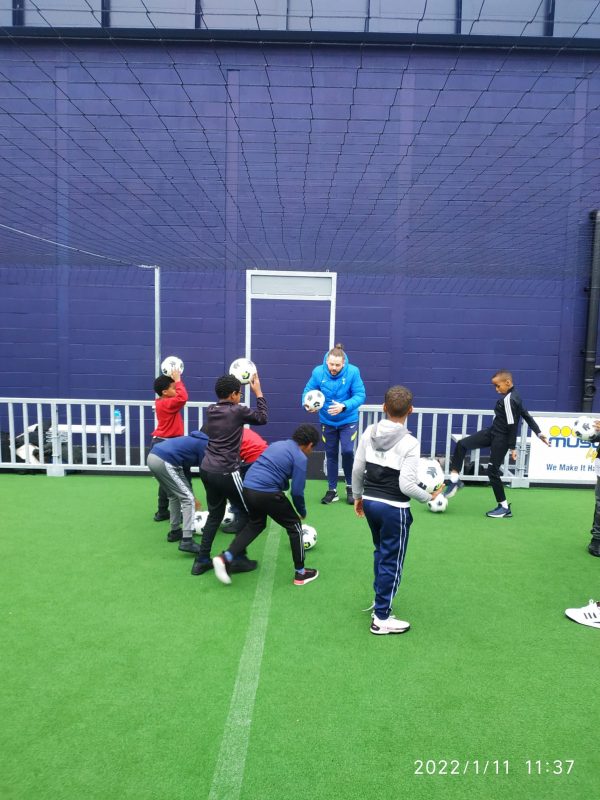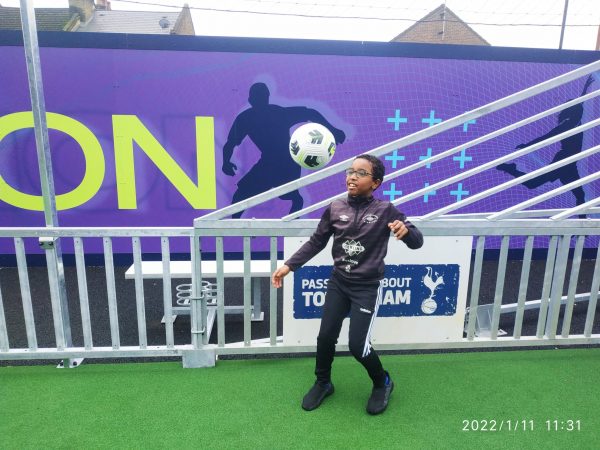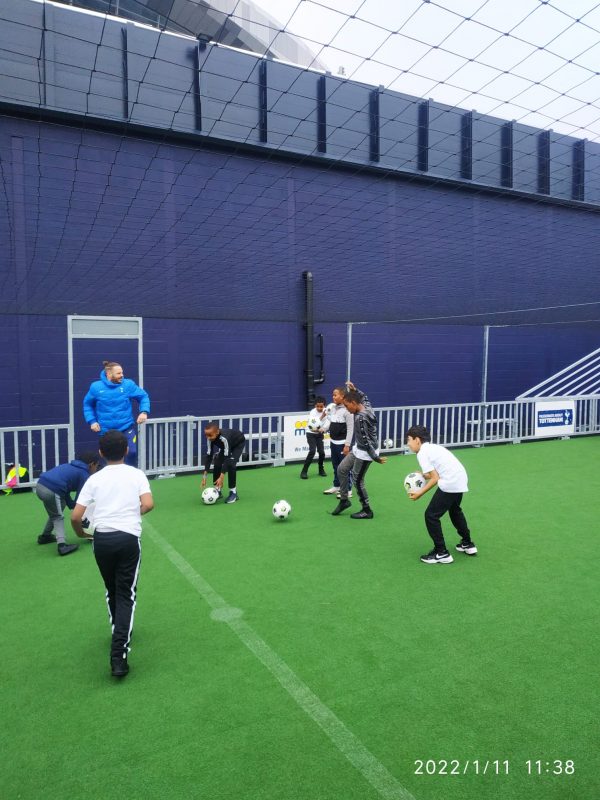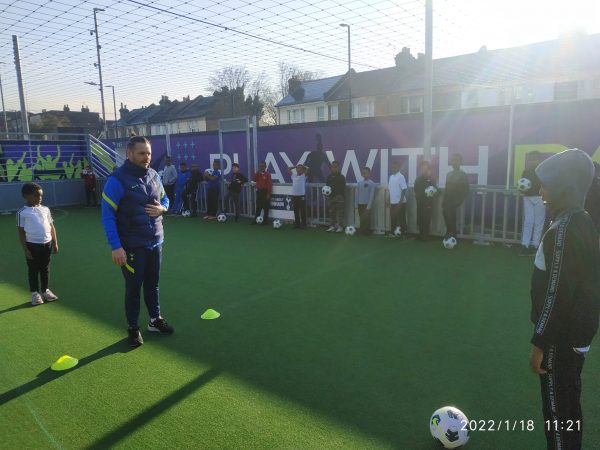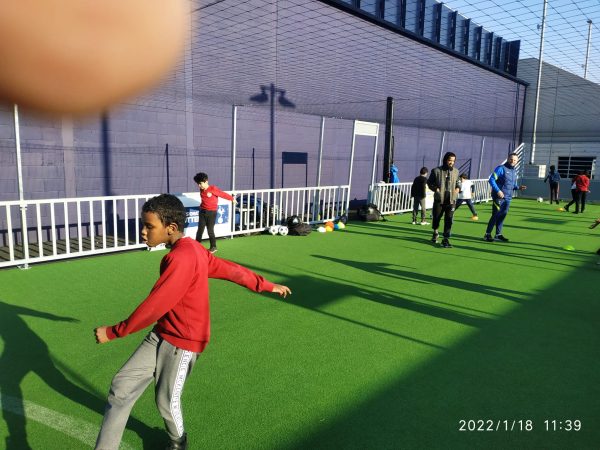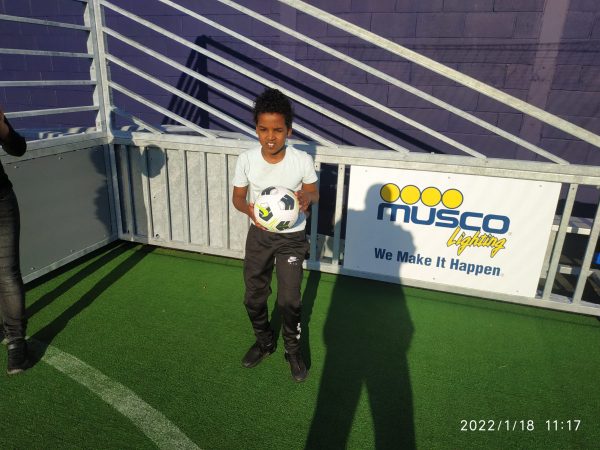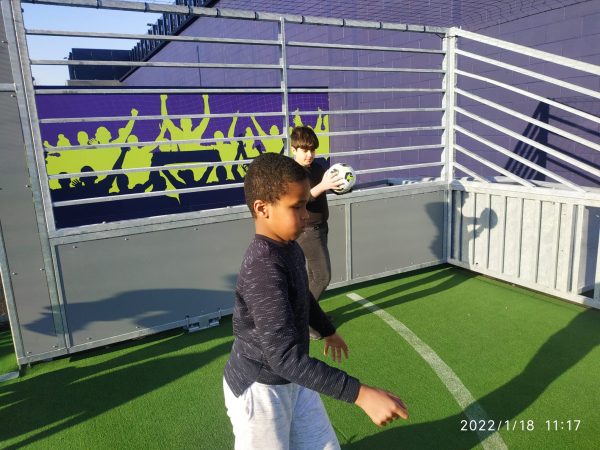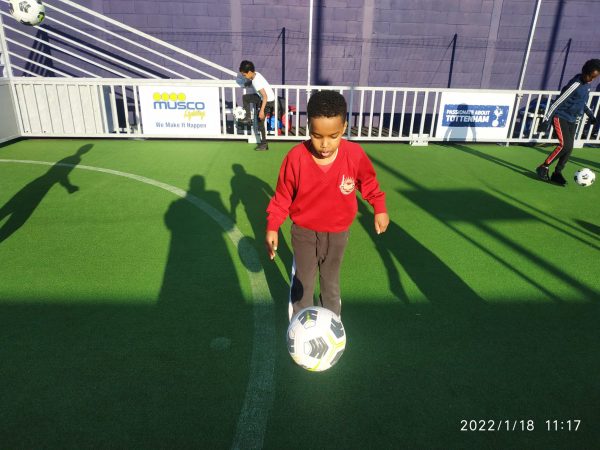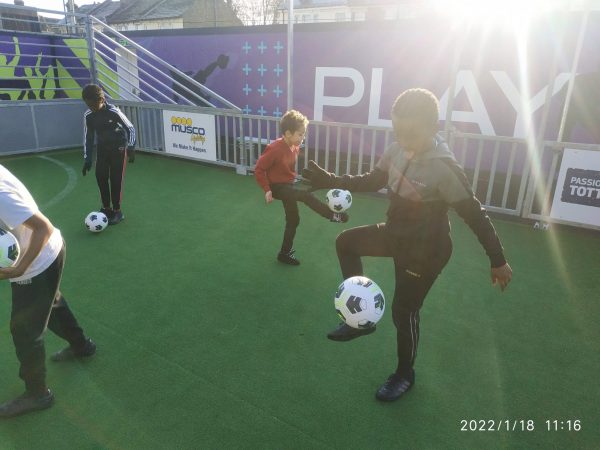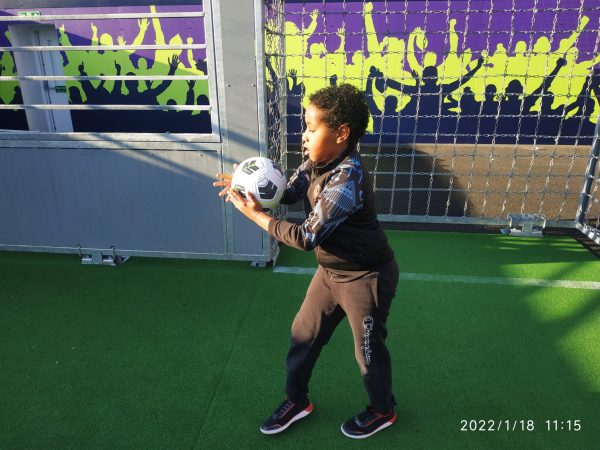Physical activity education has numerous benefits for children and young people’s physical health, as well as their mental wellbeing (increasing self-esteem and emotional wellbeing and lowering anxiety and depression), and children who are physically active are happier, more resilient and more trusting of their peers. Ensuring that pupils have access to sufficient daily activity can also have wider benefits for pupils and schools, improving behaviour as well as enhancing academic achievement.
Assunnah School sets out what pupils need to learn in their PE classes at each stage of learning. The aim of the curriculum is to help children excel in physical activities and inspire them to lead healthy, active lifestyles.
It states that a high-quality KS1 PE curriculum should inspire all pupils to:
- Succeed and excel in competitive sport, along with other physically demanding activities.
- Provide opportunities for pupils to become physically confident, in a way that is supportive of their health and fitness.
- Provide opportunities to compete in a range of sports and other activities, to help build character and values of respect and fairness.
PE fo KS1
PE curriculum foe KS1 help pupils develop important movement skills so that they become confident with a broad range of activities. They should develop their agility and coordination, both individually and with others. This should help them take part in competitive and cooperative sports, where values of teamwork and fairness are exemplified.
The PE national curriculum also states that when children are aged 5-7 they should learn how to:
- Master basic movements including running, jumping, throwing and catching. As well as develop balancing, agility and coordination skills and begin to apply them to a range of activities.
- Participate in team games while developing simple tactics for attacking and defending.
- Perform dances using simple movement patterns.
Great games to play with KS1 to develop these skills include football and bench ball. For individual development, skipping and gymnastics make great activities.
PE for KS2
When children reach key stage 2 (between the ages of 7 and 11), in their PE lessons they will develop the skills they learnt in key stage 1, and begin to put them to use in new activities.
The national curriculum states that children will begin to:
- Use running, jumping and catching in isolation and in combination.
- Play competitive games, modified where appropriate. The best games for these lessons are badminton, tennis, basketball, cricket, football, hockey, netball and rounders. When playing, children should be able to apply basic principles suitable for attacking and defending.
- Develop flexibility, strength, technique, control and balance through activities like athletics and gymnastics.
- Perform dances using a range of movement patterns.
- Take part in outdoor adventurous activity challenges individually and with a team.
- Compare their performances with previous ones and demonstrate improvement to achieve their personal best.
Swimming:
Assunnah School provide a swiming lesson once a week for our students at Duke’s Aldridge Academy. The swimming classes should result in children being able to:
- Swim competently, confidently and proficiently over a distance of at least 25 metres.
- Use a range of strokes such as front crawl, backstroke and breaststroke.
Premier League Primary Stars
Premier League Primary Stars uses the appeal of the Premier League and professional football clubs to inspire children to learn, be active and develop important life skills.
The programme has been developed and is managed by the Premier League Charitable Fund, a Premier League funded charity which aims to create positive and lasting sporting, health and education outcomes for children, young people and the wider community.
Assunnah School and Premier League Primary Stars Senior Coordinator Chris Gillman with our PE teachers will deliver fun, PE activities for our studends for the next 5 weeks stars from Jan 2022.

